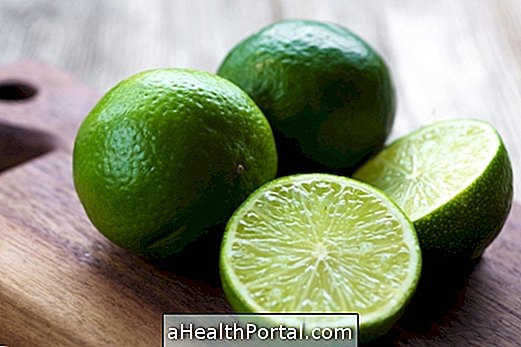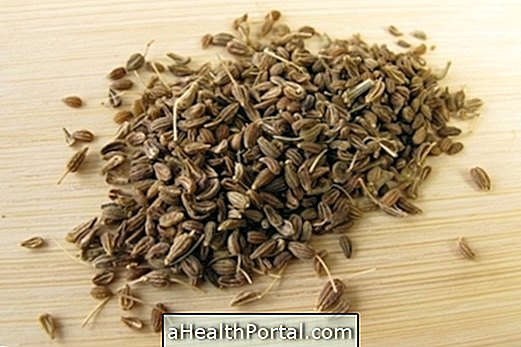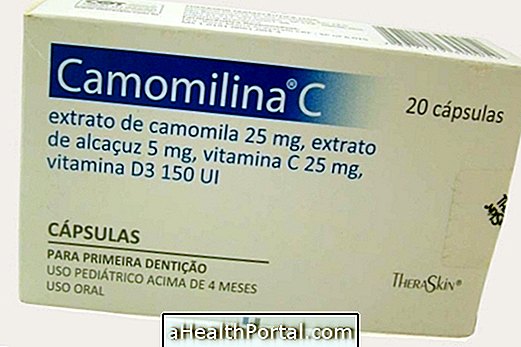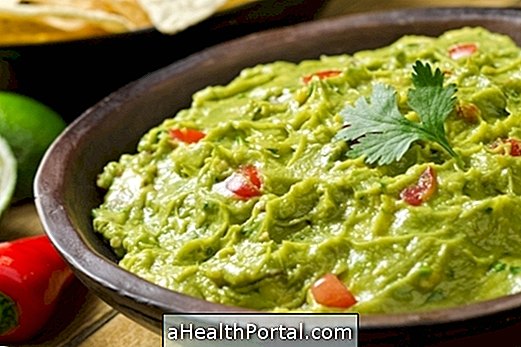The demerara sugar is obtained from the juice of the sugar cane, which is boiled and evaporated to remove most of the water, leaving only the sugar grains. This is the same process used in the manufacture of brown sugar.
Then the sugar undergoes a light processing, but it is not refined as white sugar and nor does it have addition of substances to lighten its color. Another feature is that it also does not dilute easily in food.
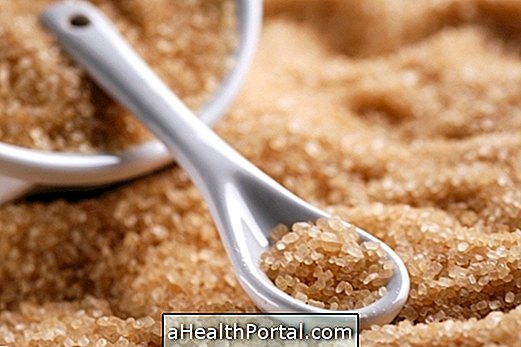
Advantages of Demerara sugar
The advantages of sugar demerara in relation to:
- It is healthier than white sugar because it contains no chemical additives during processing;
- It tastes lighter and more tender than brown sugar;
- It has vitamins and minerals like iron, folic acid and magnesium;
- It has a medium glycemic index, helping to avoid large blood glucose spikes.
It is important to remember that despite having a higher quality, people with diabetes should avoid the consumption of any type of sugar.
Demerara sugar does not lose weight

Although it is healthier than ordinary sugar, no sugar should be used by anyone who wants to lose weight or maintain good health because all sugar is high in calories and it is very easy to consume large amounts of sweets.
In addition, all sugar stimulates the increase of blood sugar, which increases the production of fat in the body, and should be consumed only in small quantities. Understand what glycemic index is.
Nutritional information of Demerara Sugar
The following table shows nutritional information for 100 g demerara sugar:
| Nutrients | 100 g demerara sugar |
| Energy | 387 kcal |
| Carbohydrate | 97.3 g |
| Protein | 0 g |
| Fat | 0 g |
| Fibers | 0 g |
| Calcium | 85 mg |
| Magnesium | 29 mg |
| Phosphor | 22 mg |
| Potassium | 346 mg |
Each tablespoon of demerara sugar has about 20 g and 80 kcal, which is equivalent to more than 1 slice of brown bread, for example, which has about 60 kcal. Thus, one should avoid adding sugar daily to routine preparations such as coffees, teas, juices and vitamins. See 10 natural ways to replace sugar.


